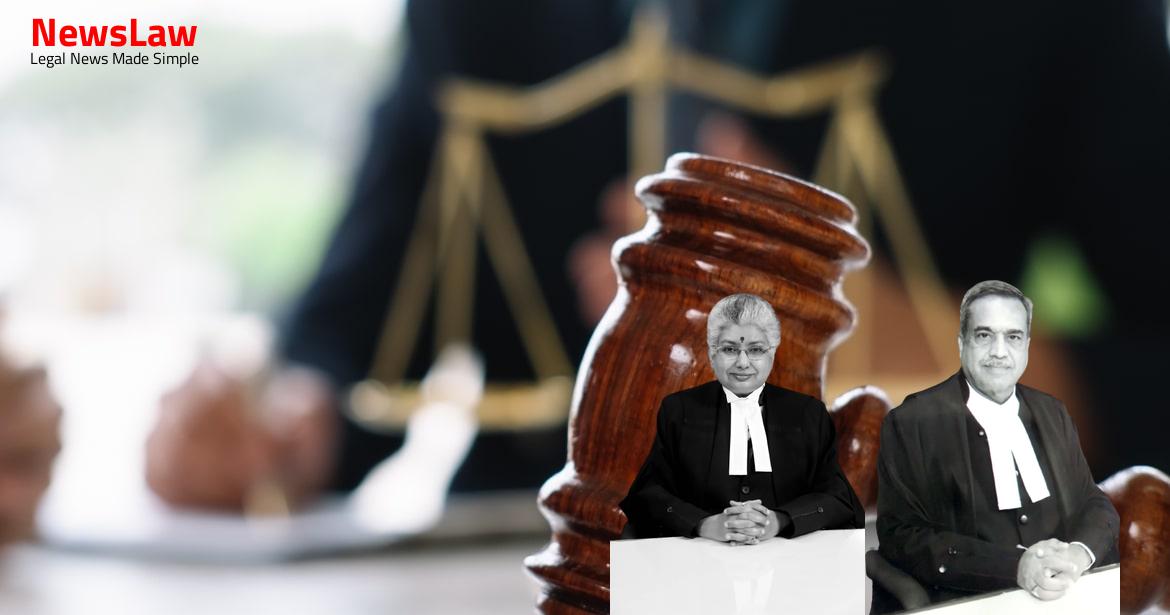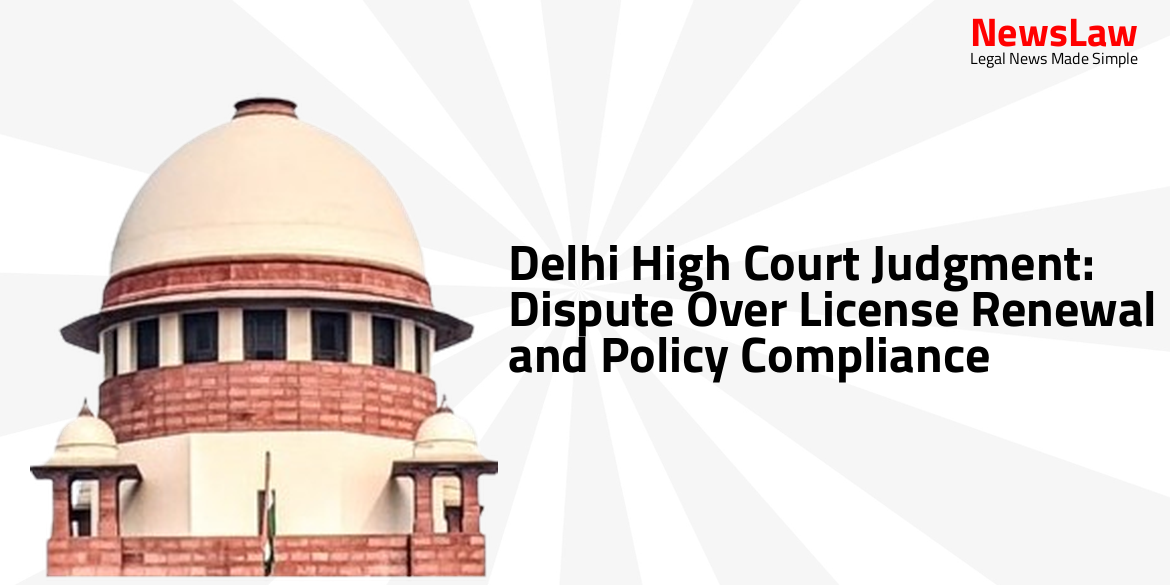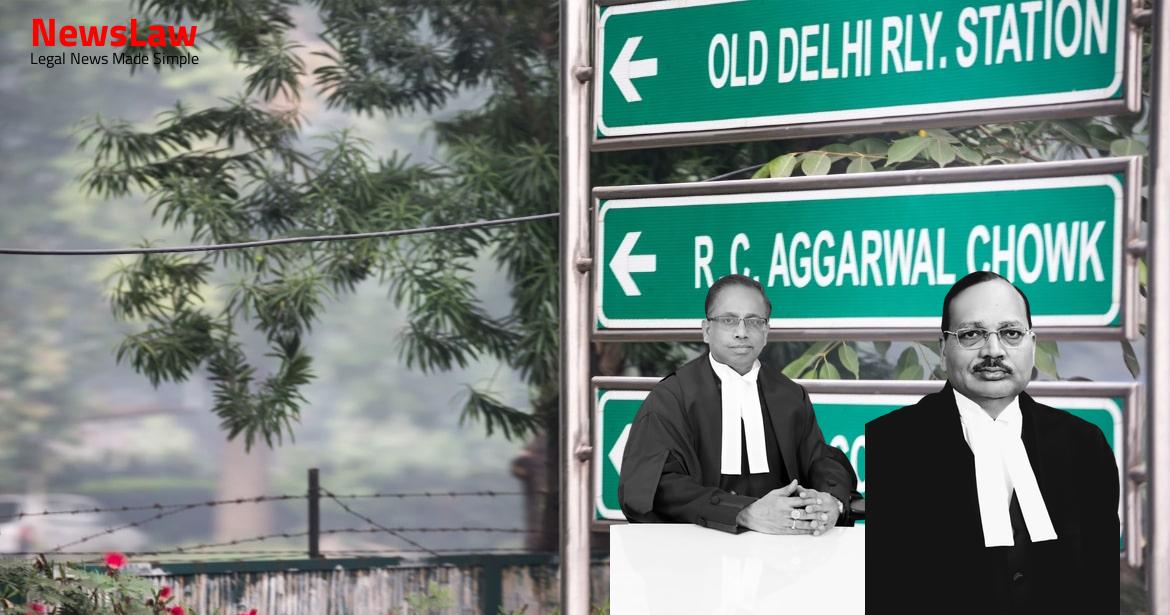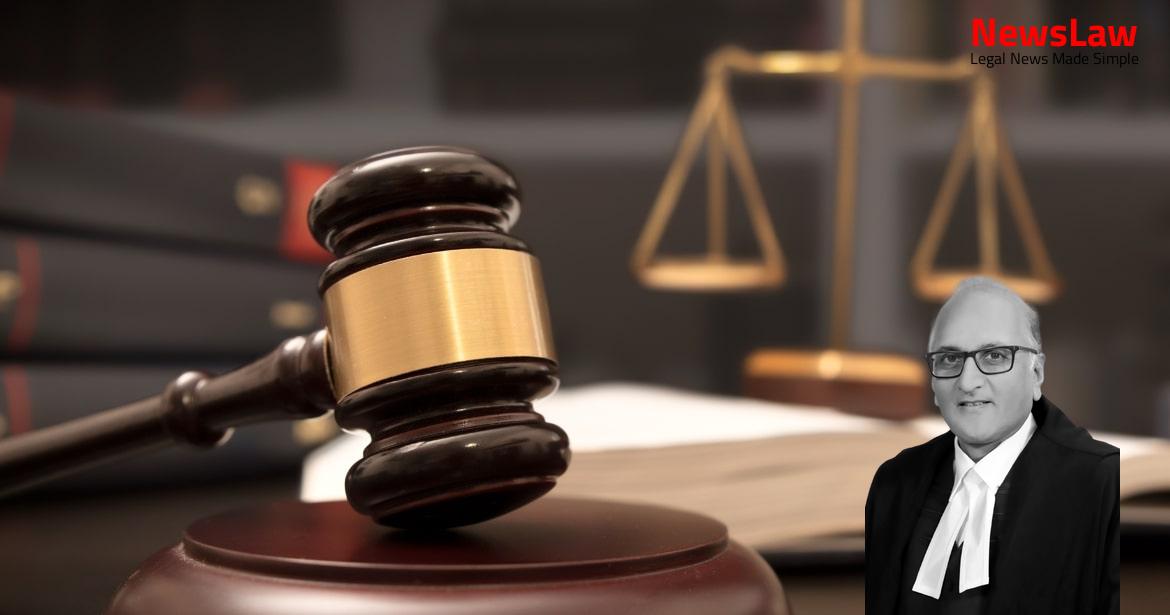Explore a groundbreaking legal analysis on compensation for severe brain injuries post-accident. The Court’s detailed examination sheds light on the complexities of quantifying damages for extensive medical treatment, loss of income, and loss of amenities. Dive into the legal insights to comprehend the meticulous approach towards ensuring just compensation for the claimant’s debilitating condition.
Facts
- The original claimant and the Insurance Company both appealed the judgment and award passed by the Tribunal.
- The Tribunal awarded a total sum of Rs.94,37,300/- towards compensation with 9% interest per annum.
- The Tribunal awarded amounts under different heads such as Pain and Suffering, Loss of Income, and Medical Expenses.
- The original claimant appealed to the High Court seeking enhancement of compensation.
- The High Court reduced the interest rate from 9% to 6% per annum.
- The High Court partially allowed the appeal and increased the compensation amount to Rs.1,24,94,333/- under various heads including Loss of Future Income, Attendant Charges, and Extra Nutritious Food Expenses.
- The claimant was working as a Process Supervisor in Deutsche Bank at the time of the accident
- He was earning Rs. 4,59,425/- per annum
- Attendant charges amounted to Rs. 9,20,800/-
- Even after being discharged from the hospital, the claimant remained in a coma during the filing of the claim petition
- The claimant was 29 years old at the time of the accident
- The claim petition was filed by the claimant’s mother as his next friend
- The loss of future income due to permanent disability was claimed at Rs. 69,48,631/-
- A loss of future amenities and happiness amounting to Rs. 1,00,000/- was also claimed
Also Read: Ruling on Circumstantial Evidence in Murder Case
Arguments
- The claimant suffered grievous brain injuries in a vehicular accident and is 100% disabled and bedridden.
- He underwent three major brain operations and has been in a coma since then.
- The High Court’s award of Rs.2,00,000/- for pain and suffering and Rs.1,00,000/- for loss of future amenities and happiness is deemed insufficient.
- It is argued that the reduction of interest from 9% to 6% by the High Court is a grave error.
- Counsel cites the Raj Kumar vs Ajay Kumar case to emphasize that loss of future earning capacity as 100% may negate the need for separate compensation under loss of amenities or expectation of life.
- The claimant underwent multiple surgeries due to grievous brain injuries sustained in a vehicular accident.
- He suffered right temporal SDH, multiple hemorrhagic contusions on various parts of the brain, SAH, diffuse axonal injury, cerebral edema, and multiple fractures.
- He was hospitalized for several months and underwent MRI, CT scans, and X-rays.
- The final diagnosis was traumatic brain injury sequelae-s/p frontotemporoparietal hemicraniectomy and right lower limb deep vein thrombosis.
- The High Court’s decision in awarding compensation towards loss of amenities and happiness has been considered valid and in line with previous judgments.
Also Read: Challenging Legal Presumptions in Negotiable Instrument Cases
Analysis
- The Court considers the compensation awarded for pain, shock, and suffering as reasonable but suggests an enhancement to Rs.10,00,000 due to the prolonged hospitalization and multiple brain injuries sustained by the claimant.
- Similarly, the compensation of Rs.1,00,000 awarded for loss of amenities and happiness is deemed on the lower side and can be enhanced to Rs.10,00,000 considering the claimant’s continued coma and bedridden state.
- The Court emphasizes that compensation for pain, suffering, loss of amenities, and happiness varies case by case and cannot fully compensate for the trauma experienced.
- Factors such as prolonged hospitalization, severity of injuries, surgeries undergone, and resultant pain and suffering are considered for awarding compensation for pain and suffering.
- The loss of amenities and happiness suffered by the claimant and family members post-accident is highlighted, with the Court stating that no amount can compensate the loss adequately.
- The High Court’s judgment reducing the interest rate from 9% to 6% per annum will not be interfered with by the Supreme Court.
- The decision is based on the peculiar facts and circumstances of the case.
- The Supreme Court, in this instance, will not exercise its powers under Article 136 of the Indian Constitution to overturn the High Court’s ruling.
Also Read: Legal Analysis Critique in High Court’s Quashing Order
Decision
- The original claimant is entitled to a total sum of Rs.1,41,94,333/- with 6% interest per annum from the date of filing the claim petition.
- The respondent – Insurance Company must deposit the enhanced compensation amount before the Tribunal within four weeks, or face 7.5% interest on the delayed amount.
- The Tribunal is directed to invest the compensation amount in long-term interest-bearing deposits in Nationalized Banks or Post Office to ensure its preservation for the claimant.
- The appeal is partly allowed in the mentioned extent, with no order as to costs.
Case Title: BENSON GEORGE Vs. RELIANCE GENERAL INSURANCE CO. LTD. (2022 INSC 235)
Case Number: C.A. No.-001540-001540 / 2022



